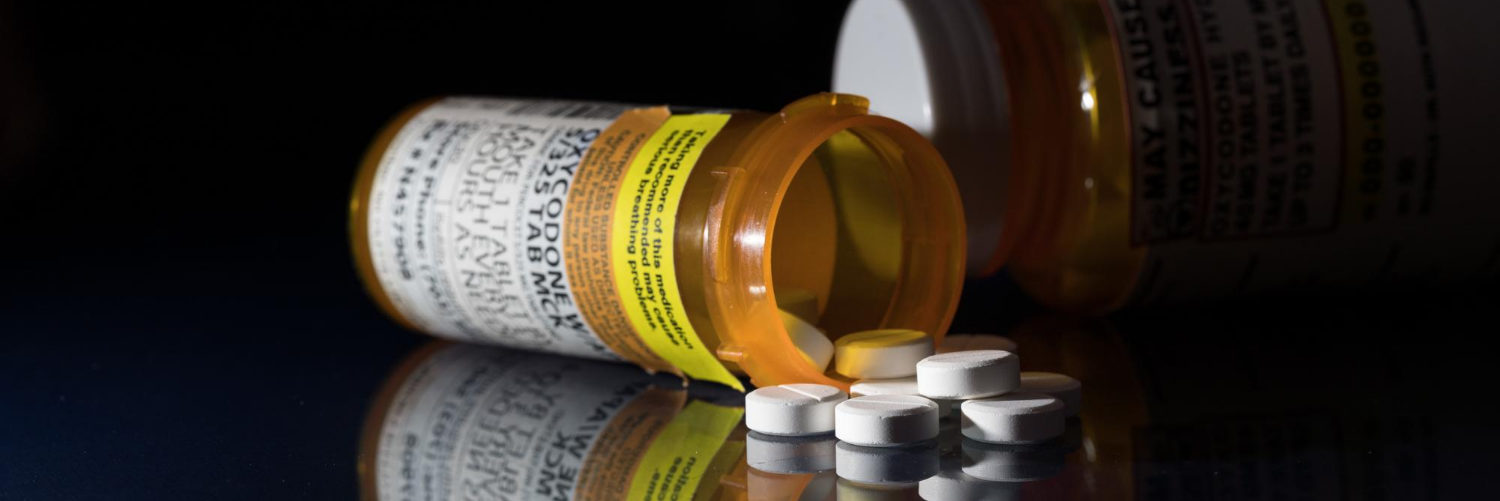Additional $130M For Massachusetts Over Opioid Crisis
Additional $130M For Massachusetts Over Opioid Crisis

Introduction
As part of a multistate settlement with two pharmaceutical companies over their alleged role in the opioid crisis, Massachusetts will receive $130 million.
Teva and Allergan will be required to pay more than $6.6 billion over the next seven to thirteen years to settle lawsuits filed by states and local governments alleging that they contributed to a wave of addiction.
According to the attorney general, Massachusetts' $130 million will be divided among cities and towns. Teva and Allergan's "unlawful behavior," according to the attorney general, contributed to a nationwide public health crisis that has claimed hundreds of thousands of lives.
The attorney general went on to say that these settlements require the manufacturers to pay for the treatment, recovery, and support services that families require, to change their business practices, and to turn over millions of internal documents for public inspection.
The states claimed in their legal challenge that Teva, based in Israel, used deceptive marketing to promote prescription opioids approved to treat cancer pain for non-cancer purposes. The states claimed that the company downplayed the risks of opioid addiction and pressured doctors to increase the doses they prescribed.
The settlement is the most recent in a series of lawsuits filed against the nation's largest drug manufacturers and distributors for their roles in the opioid crisis. Walmart tentatively agreed to pay states $3.1 billion to settle allegations that it improperly dispensed OxyContin and other powerful prescription opioids at its pharmacies. The settlement will net Massachusetts $61 million. The state will also receive funds from a $26 billion settlement reached earlier this year with Johnson & Johnson and three of the nation's largest drug distributors.
According to the attorney general's office, another $110 million will come from a $6 billion settlement with OxyContin maker Purdue Pharma and the Sackler family. According to state law, roughly 60% of those funds will be deposited in the state's opioid recovery fund, with the remainder going to cities and towns.
Many people's opioid addiction began with prescription painkillers like Oxycontin, which led them to street heroin and fentanyl when the more expensive pills became unavailable. Massachusetts has enacted some of the nation's strictest opioid prescribing laws, including a seven-day limit on new prescriptions and a requirement that doctors consult a state prescription monitoring database before prescribing an addictive opioid.
Despite these efforts, the number of opioid-related overdose deaths continues to rise, according to the most recent data. According to the state Department of Public Health, opioid-related overdoses killed 2,290 people in Massachusetts last year, an 8.8% increase from the previous year.
Fentanyl was found in 93% of overdose deaths where a toxicology report was available, according to state officials. According to public health data, over 10,000 people have died in the state from opioid-related overdoses in the last five years.
Latest News
Texas Trial to Decide J&J’s $10B Talcum Powder Settlement
A high-stakes trial in Texas will determine whether Johnson & Johnson (J&J) can resolve tens of thousands of talcum powder cancer lawsuits through a…




